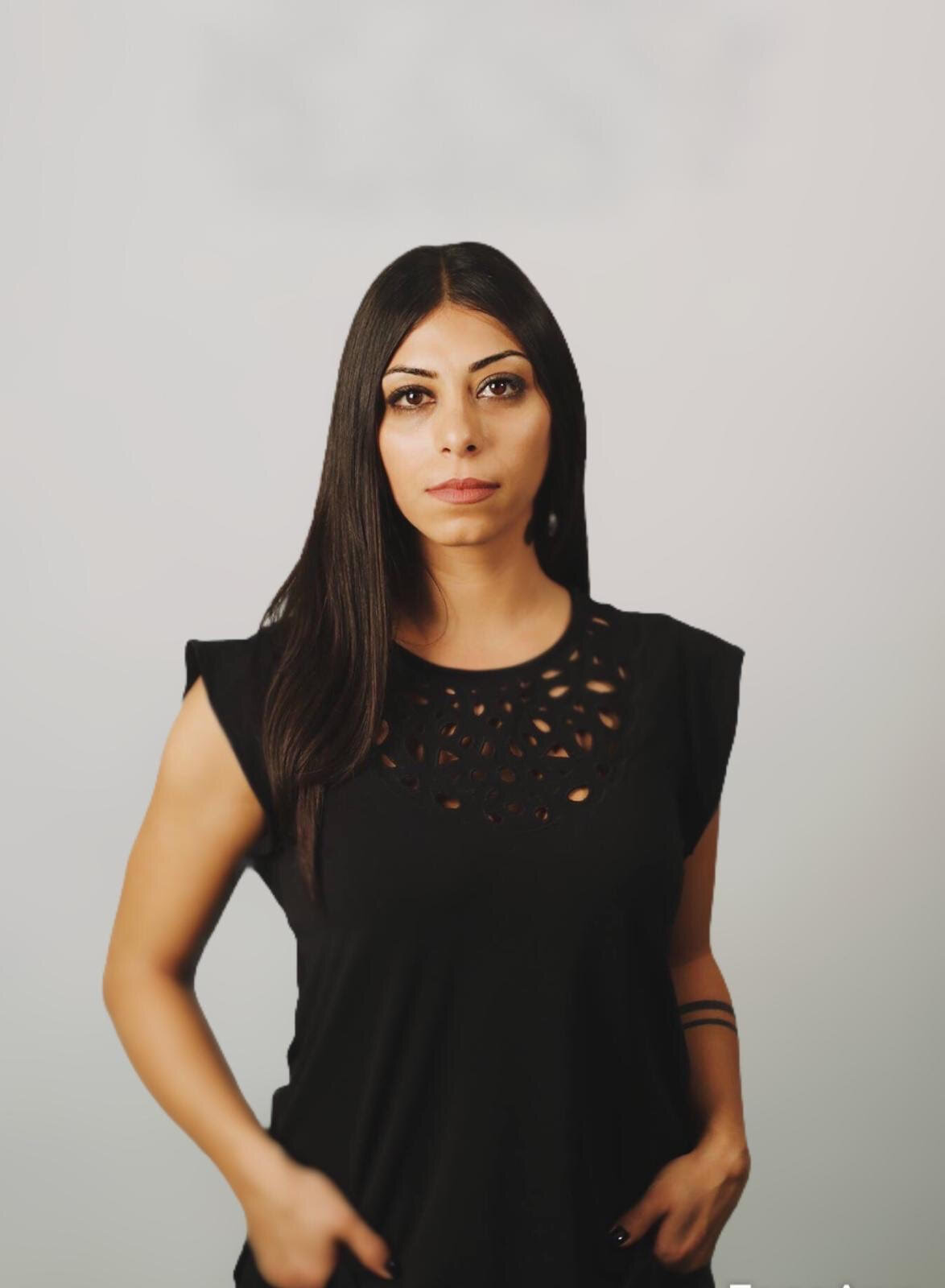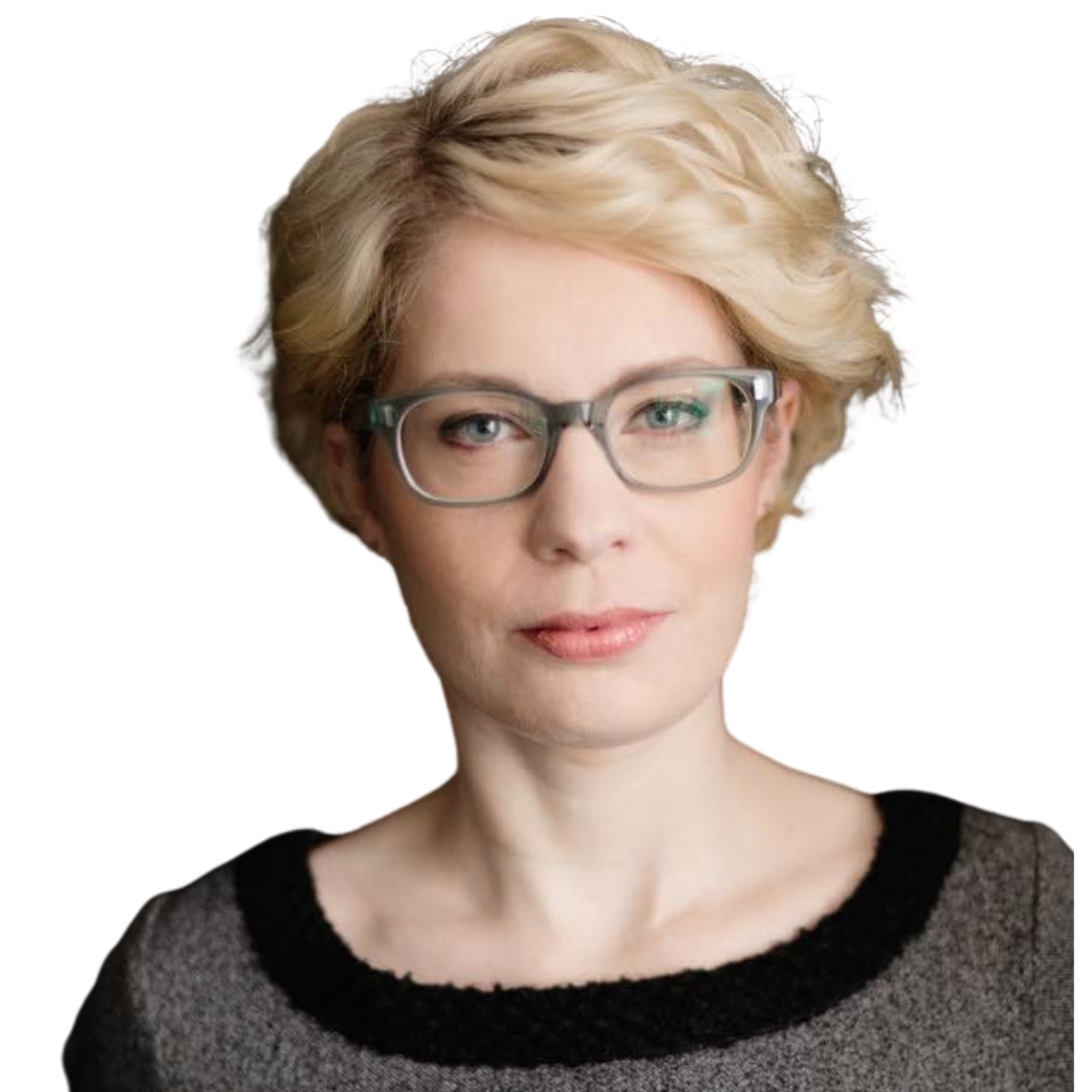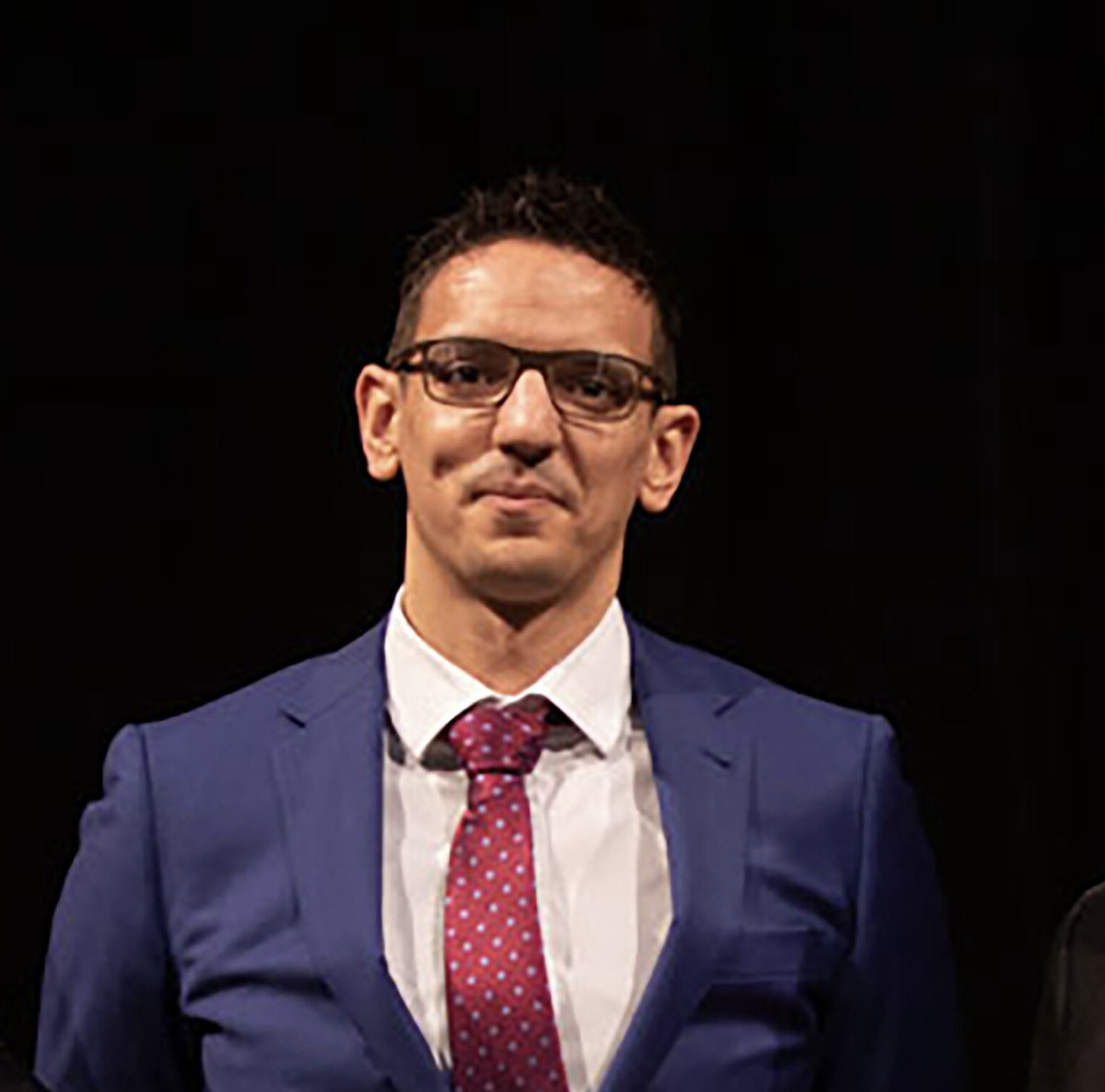Individuals Involved
LCP is entirely volunteer-run, and many people have played a role in building the Centre. Some are lawyers and law students, others are professors, and some are on-the-ground organizers. For the same reasons that necessitate the creation of this Centre, not all are open about their involvement.
As we continue to grow and build the Centre’s capacity, here are a few of the individuals supporting our effort to varying degrees ranging from endorsement, to consulting, to active participation and development (in no particular order).
Alex Neve
Lawyer and Former Secretary-General of Amnesty International Canada
Alex Neve is an adjunct professor with the law faculties of the University of Ottawa and Dalhousie University, teaching international human rights. He served as Secretary General of Amnesty International Canada’s English Branch from 2000 - 2020. He speaks to audiences across the country about a wide range of human rights issues, appears regularly before parliamentary committees and UN bodies, and is a frequent commentator in the media. Alex is also a lawyer, with an LLB from Dalhousie University and a Master’s Degree in International Human Rights Law from the University of Essex. He has served as a member of the Immigration and Refugee Board, taught previously at Osgoode Hall Law School and the University of Ottawa, been affiliated with York University's Centre for Refugee Studies, and worked as a refugee lawyer in private practice and in a community legal aid clinic. Alex has been named an Officer of the Order of Canada and a Trudeau Foundation Mentor. He is a recipient of a Queen Elizabeth II Diamond Jubilee Medal.
Faisal Bhabha
Lawyer and Academic
Faisal Bhabha is an Associate Professor at Osgoode Hall Law School of York University in Toronto, Canada. He has researched and published in the areas of constitutional law, multiculturalism, law and religion, disability rights, national security and access to justice. During the Second Intifada (2000), he was living in Jerusalem working for human rights organizations, including B'Tselem, LAW-Palestinian Society for the Protection of Human Rights and the Environment, and the Women's Centre for Legal Aid and Counselling (WCLAC). Faisal currently teaches constitutional law, employment law, human rights, legal ethics, and appellate advocacy. He has served as Vice-chair of the Human Rights Tribunal of Ontario (2008-2011). He maintains a varied public and private law practice, appearing before administrative boards and tribunals and at all levels of court, including the Supreme Court of Canada. He advises and represents a variety of individuals and public interest organizations in matters pertaining to constitutional law and human rights. He has appeared as an expert witness before Canadian parliamentary committees and served as a member of the Equity Advisory Group of the Law Society of Ontario.
Yafa Jarrar
Lawyer and Human Rights Activist
"Israel’s regime in Palestine cannot be justified by any moral or legal code. There is no doubt in my mind that Israel's actions amount to the international crime of apartheid. Canadians have an ethical and a legal responsibility to challenge Canada’s complicit role in sustaining Israel’s apartheid policies against Palestinians, including Palestinian citizens of the State of Israel. The Legal Centre for Palestine offers the legal guidance and protection activists need in pursuing this."
Heidi Matthews
Legal Academic
Heidi Matthews is Assistant Professor at Osgoode Hall Law School, where she also co-directs the Jack & Mae Nathanson Centre on Transnational Human Rights, Crime and Security. She researches and teaches in the areas of international criminal law, the law of war, international legal history, political theory and law and sexuality. Prior to joining Osgoode, Professor Matthews held a British Academy Newton International Fellowship at the SOAS School of Law, University of London. She obtained her doctorate at the Harvard Law School, where her dissertation was awarded the Laylin Prize. Professor Matthews has been a Fellow of the Institute for Global Law and Policy and a Clark Byse Fellow at Harvard Law School, as well as a Fellow at the Film Study Center, the Edmund J. Safra Center for Ethics, and the Weatherhead Center for International Affairs at Harvard University. She served as a law clerk to the judges of the Appeals Chamber at the Special Court for Sierra Leone, and as an intern at the Immediate Office of the Prosecutor at the Special Tribunal for Lebanon.
Amal Ghazal
Historian and Academic
Dr. Ghazal earned a BA in History at the American University of Beirut. She moved to Canada in 1996 and completed her MA and PhD at the University of Alberta. After a postdoctoral fellowship at the University of Toronto, she joined Dalhousie University as a faculty member in the History Department then Simon Fraser University’s History Department in September 2017. She was the director of the Centre for Comparative Muslim Studies at SFU and currently on leave, serving as the Dean of the School of Social Sciences and Humanities at the Doha Institute for Graduate Studies.
Mark Ayyash
Academic
Mark Muhannad Ayyash was born and raised in Silwan, Al-Quds (Jersualem), before immigrating to Canada, where he is now an Associate Professor of Sociology at Mount Royal University. He is the author of A Hermeneutics of Violence (UTP, 2019). He teaches and writes in the areas of social and political theory, postcolonial theory, the study of violence, exiling writing, Canada-Palestine relations, and decolonial movements, particularly focusing on the Palestinian struggle. He has published several academic articles in journals such as Interventions, the European Journal of International Relations, Comparative Studies of South Asia, Africa and the Middle East, and the European Journal of Social Theory. He also has a co-edited book on Protests and Generations in the MENA and the Mediterranean, and has written opinion pieces for Middle East Monitor, Middle East Eye, and Al-Jazeera. He is currently writing a book on settler colonial sovereignty in Palestine-Israel.







